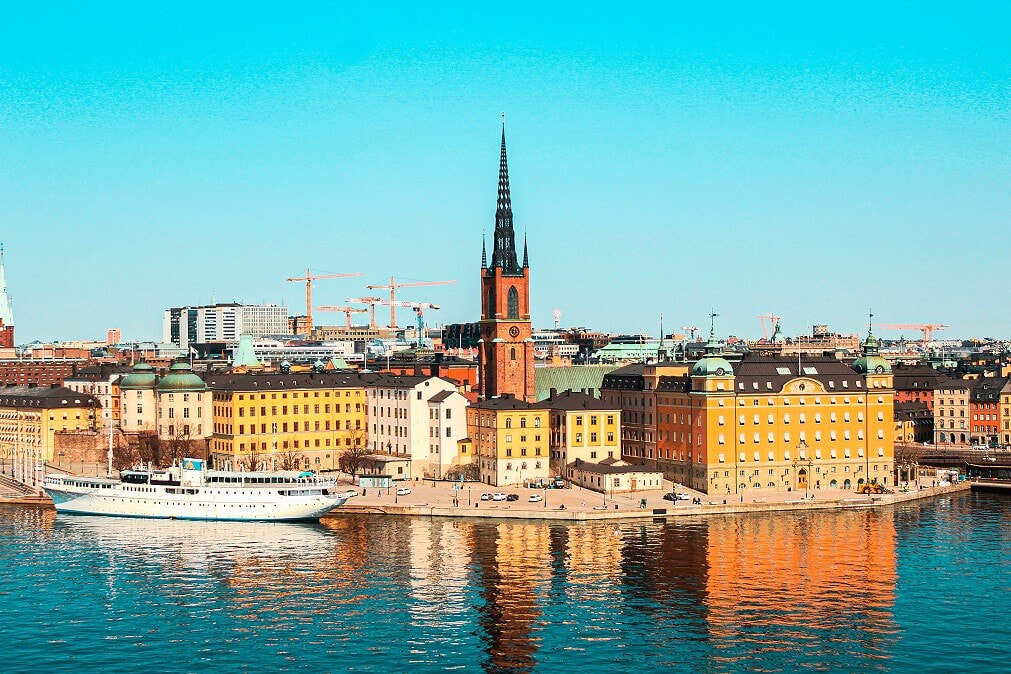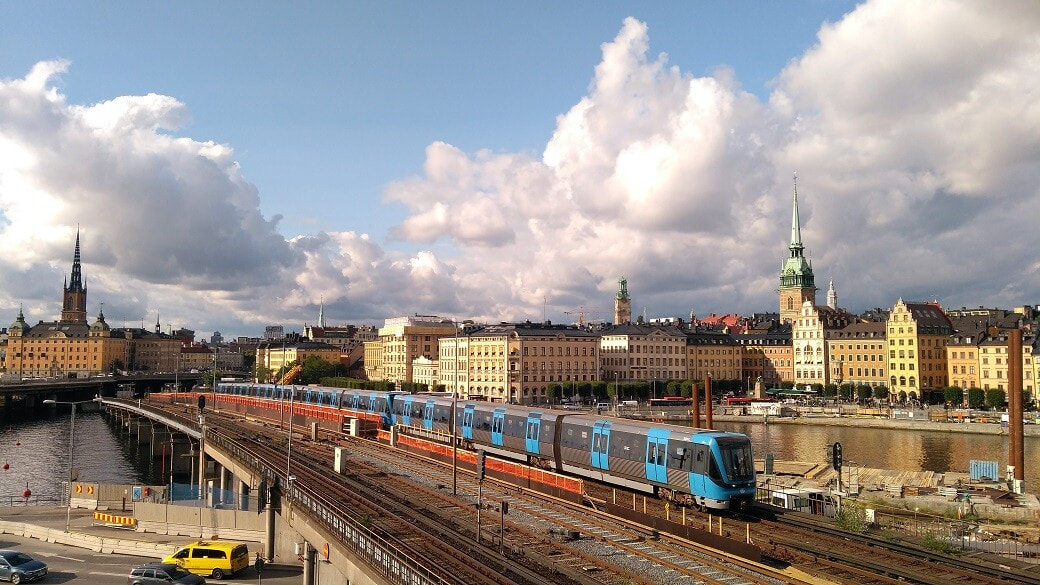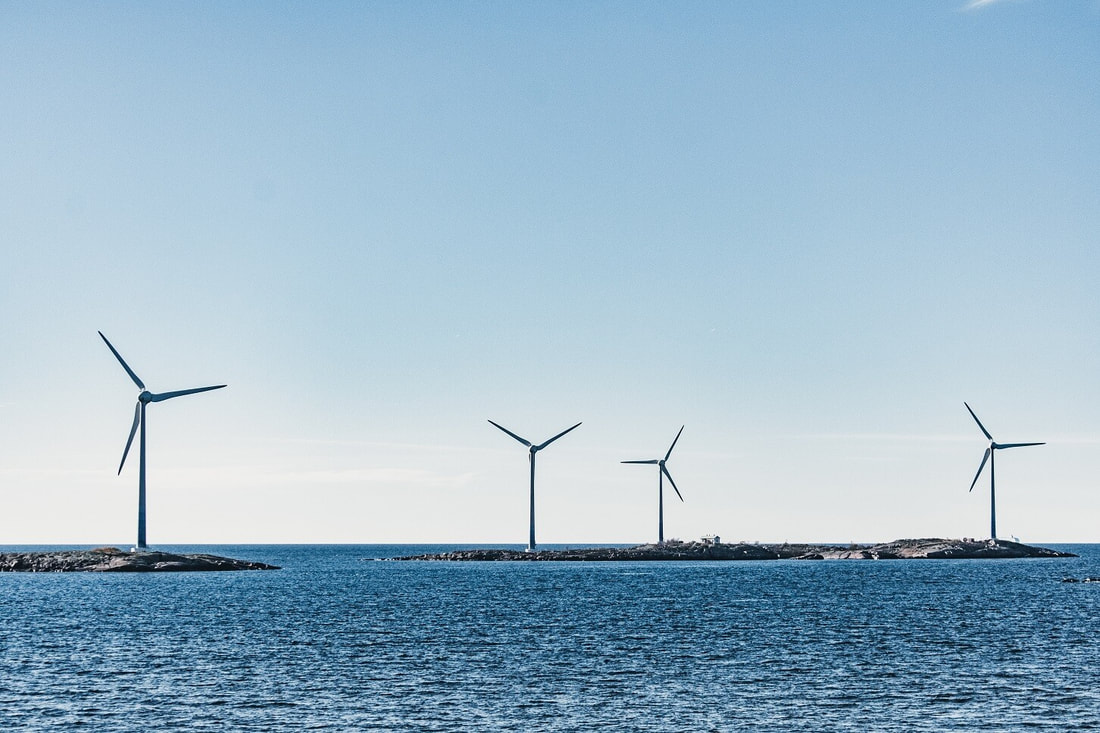|
Written by: Anneleen Debruyckere, Herost Global Youth Ambassador Scandinavia championing sustainable tourismIn a recent study by Euromonitor, titled “Embracing a Green Transformation for Travel Recovery” and looking at 99 countries, Sweden came out on top for sustainable tourism in 2020. The top 20 in the ranking is made up of only European countries. In Scandinavia, 65% of travel businesses have reportedly implemented a sustainability strategy. This makes it the most environmentally aware and engaged region in the world, with Sweden, Finland and Norway standing proudly at place one, two and five in the ranking. Sweden has initiated specialized research to better understand consumer behavior and consumption patterns. This way, they intent to create more value-driven businesses, rather than sustaining the current volume and profit based model. It is no coincidence that Sweden tops Euromonitor's list this year. The country has quickly understood the importance of dealing with climate change and is highly committed to the UN Sustainable Development Goals. It is for example the originating country of Flygskam ‘flight shame’, which is a movement criticizing our air-travel consumption, thereby encouraging rail transportation and domestic travel. There has been a visible decline in flight passengers the past few years, and the phenomenon is gaining more supporters in Europe. Sweden aims to reestablish their tourism industry in a more sustainable and resilient way post-COVID pandemic. The country promotes rural and regional tourism, expanding the national railway network to provide an alternative form of transportation besides flying. The government stimulates digital green transformation for businesses, and it aims to become a zero emission-country by 2045. These are the top 20 countries for sustainable tourism, as researched by Euromonitor: 1.Sweden - 2.Finland - 3.Austria - 4.Estonia - 5.Norway 6.Slovakia - 7.Iceland - 8.Latvia - 9.France - 10.Slovenia 11.Switzerland - 12.Lithuania - 13.Croatia - 14.Czech Republic - 15.Ireland 16.Germany - 17.Belgium - 18.Denmark - 19.Netherlands - 20.Portugal Sustainability is broader than environmental issueshen we hear the word ‘sustainability’, we often think about the environment, e.g. the impact we have on the planet. However, sustainability is way broader than that! The final ranking was drawn up based on seven pillars on which each country was evaluated. Those pillars are the following:
Another area often overlooked is economic sustainability. This is for example about how dependent an area or a country is on tourism. If it is overly dependent, it might be very vulnerable to external factors such as natural disasters or geopolitics. As a result, a sudden decrease in tourism will put the most vulnerable stakeholders at risk, such as local communities and small businesses. Also, it is not always easy to find the right balance between mass tourism and niche tourism. Too many tourists might be overwhelming but too little tourists might not be enough to support the destination. A solution for this would be value creation, which means that the product will be designed around local specialties instead of being volume-driven. As a result, the majority of the tourist’s spending goes directly to local businesses. In terms of transport, sustainable transport doesn’t necessarily implies the absence of air transport, but it definitely concerns the moderation of it and the offer of alternatives. Both domestically as internationally, a country shouldn’t be too dependent on flying, even though overall, it is the cheapest option for travelers. Of all possible transportation methods, flying and individual road travel accounts for the most damage to the planet in the form of carbon dioxide. ‘Sustainable lodging’ concerns every accommodation type in terms of energy usage, water consumption and carbon footprint. Carbon footprint is not something many guests consider when choosing their hotel. However, the difference between lodgings can be huge. Full service hotels in Hong Kong emit over 270 kg CO2e, compared to 17kg in Iceland. Euromonitor’s research also points out that a bigger variety of accommodation types will make the sector more resilient in a crisis. It is not all about the numbers though. Employing people in the area, using local products or participating in regional initiatives are other ways to be a sustainable company. The COVID pandemic, an opportunity to rethink tourismLittle by little, the world will reopen for travelers worldwide. However, due to the different COVID spread and vaccination stages in which countries find themselves, global travel will probably not go back to ‘normal’ just like that. It is unlikely that mass traveling is to resume in 2021, and even 2022 might be too early. Since maximizing volume is currently not an option, many businesses will have to find another way to attract customers and make enough revenue. Environmental and social awareness among customers and companies is increasing. Chasing volume is still more common, but many businesses switch to a greener way of operation. Although going green might be seen as an altruistic move, it certainly has its perks in other fields as well. A survey issued by Euromonitor in January 2021 tells us that 66.4% of the respondents wants to have a positive impact on the environment through their daily actions in 2021. The current pandemic has forced us to look at our travel habits with a critical look. It becomes more and more clear that prioritizing people and planet over profit and quantity will be essential to ensure a future for the travel industry. Businesses should aim to accomplish a high value product on the long run, rather than short term volume. Since this is a break in the tourism industry, many think it is time to ‘build back better’, to rethink the idea behind tourism and create a more mindful industry. Traveling is not only about the traveler, it is also, and maybe primarily, about the destination and its inhabitants. We should get used to the idea that sustainability can increase the travel experience, instead of limiting it. As the pandemic has highlighted, the world is still unequally divided. Low-income workers were especially prone to lose their job and fall into poverty; small stakeholders are often deprived of their fair share of the profit. A sustainable tourism model ensures a resilient and adaptable industry, one that caters for all stakeholders. Would like to feature your destination's sustainability in Millennium Destinations and/or Herost?
2 Comments
8/19/2021 03:57:23 am
Don't Miss · Emporium Digital Online · News · Digital Marketing · E-commerce · Tech · Artificial Intelligence · Cryptocurrencies · Social Media · SEO.
Reply
Leave a Reply. |
Archives
February 2024
|
|
France - Cambodia
|
|
Promoting Positive Places, Practices and Experiences
|
Icons by Freepik from www.flaticon.com
|





